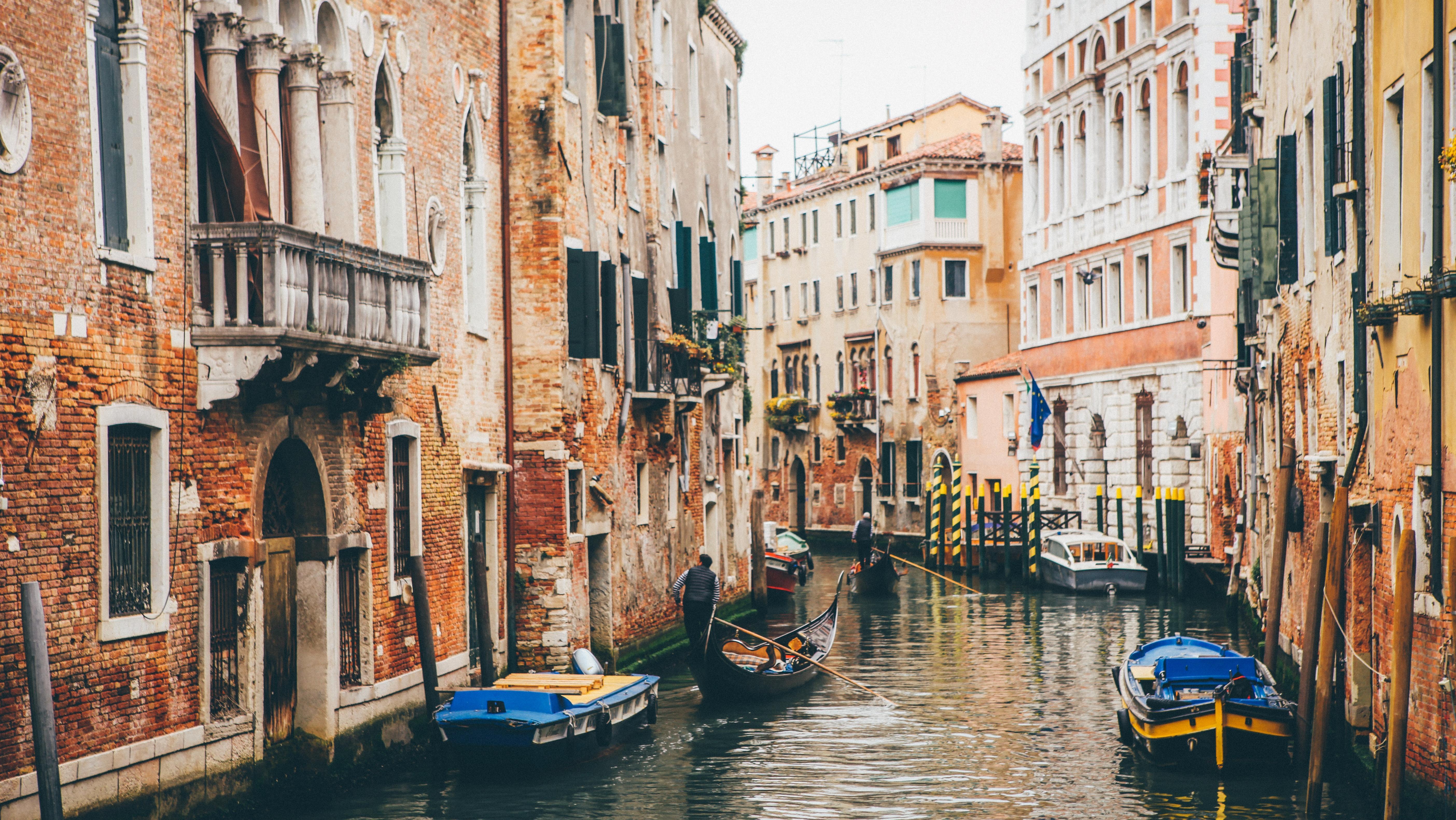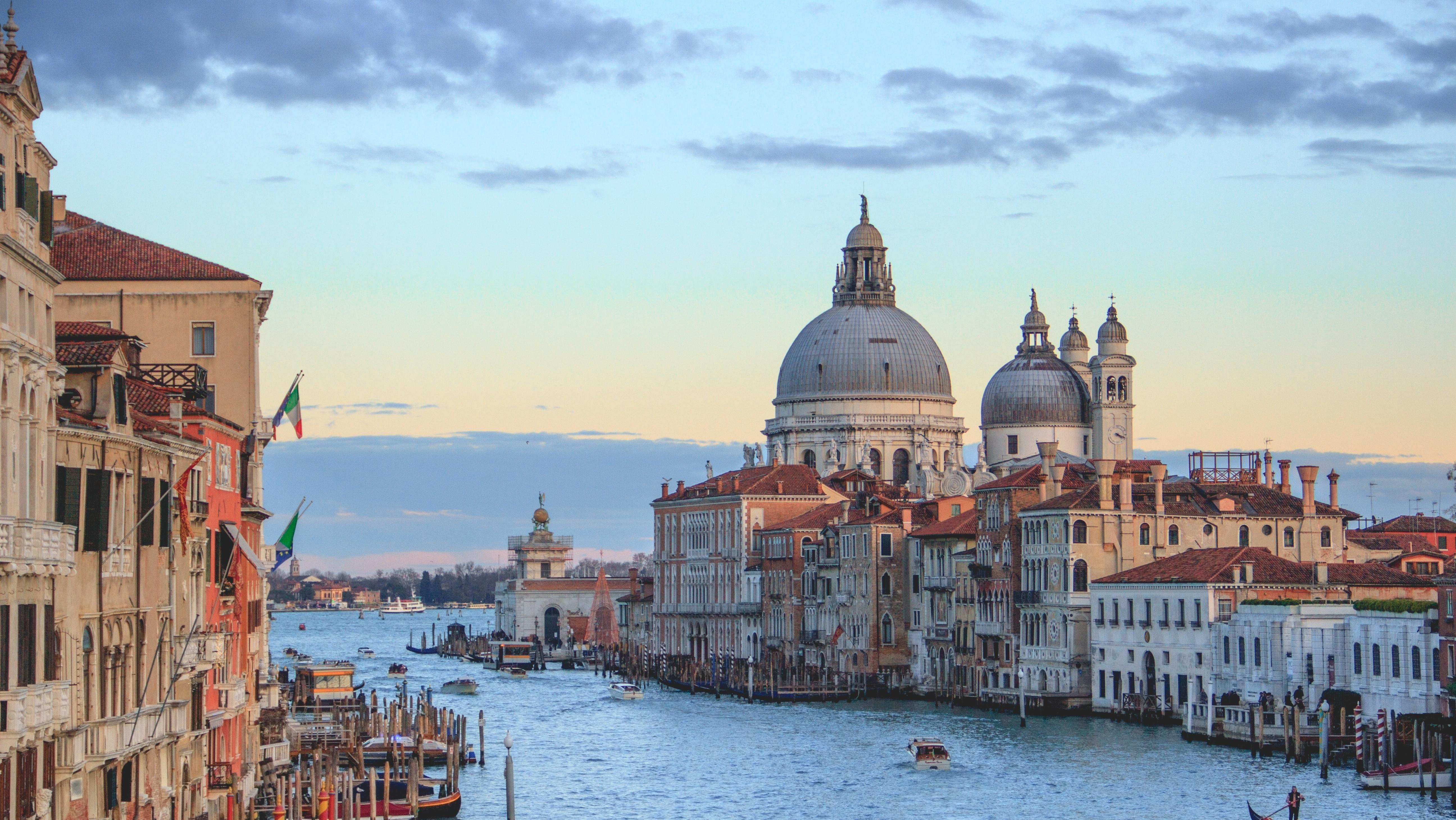What future for Venice?
Venice is one of the best known and most visited historic cities in the world. The amount of tourists that, on average, visit Venice each day is now higher than 60,000 - more than the entire resident population of the city. Despite this, the scale of the demographic and environmental challenges facing the city are not widely known or understood by the numerous tourists who visit each year, and its future is uncertain. Sustaining Venice as a living city for its residents and preserving its rich heritage for future generations of visitors requires careful management and long-term planning. In November 2019, the challenges facing Venice were once again brought to the world’s attention as the city suffered its worst flooding in more than 50 years.

The future of Venice is also tied to the future of its lagoon – the ‘Lagoon of Venice’ (LoVe). In this way the problems facing the city (and the solutions) are a microcosm (or case study in miniature) of much larger scale sustainability issues facing the world today. This is because it so clearly illustrates the need to take a holistic management approach for ensuring a sustainable future: one that considers social factors and the dynamics of the surrounding physical environment.

This resource contains four lessons which focus on four main strands:
This resource is the product of two A Level Geography fieldtrips and partnership between geography students at Liceo Classico Marco Foscarini (Venice), Liceo Classico Raimondo Franchetti (Mestre), and Eton College.
The video clip resources were produced by Marco Foscarini students and the factsheets involved collaboration between the two schools. The project was supervised by teachers Cecilia Stefinlongo (Foscarini and Franchetti) and Veronica Harkins (Foscarini) and Dr David Anderson and Justin Nolan (Eton). The idea for the project, and much support, came from Jane Da Mosto, and thanks are also due to Flora Pedullà and Kasia Ruszkowski for organising the logistics of the fieldtrips. This resource links to the interview with Jane Da Mosto, founder of We Are Here Venice.
You can hear more from Jane Da Mosto in our Ask the Expert podcast.